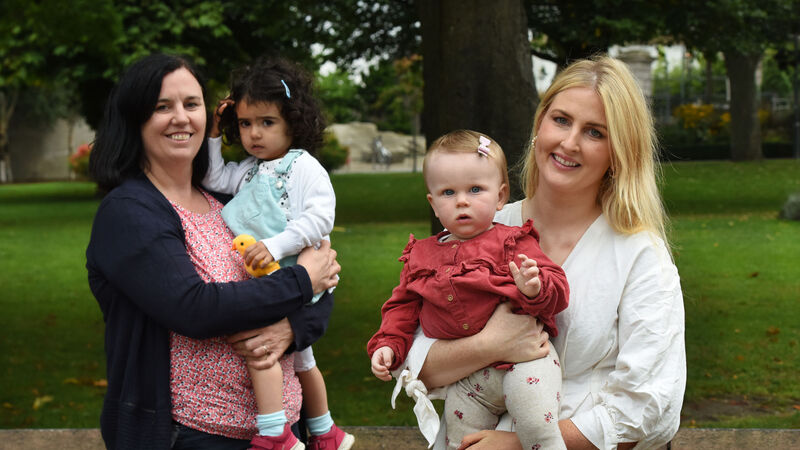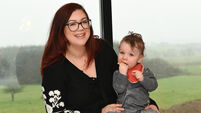Free support is available for breastfeeding mums

REACHING OUT: Aedin Ó Cuireáin with her 21- month-old daughter Bríona and Maria Harte with her 10-month-old daughter Claudia - both mums were helped by HSE breastfeeding support services.
Maria Harte didn’t have a lifelong dream to breastfeed her baby – it certainly wasn’t a priority when she got pregnant with first child Bobby, now three.
“I’m a very bad patient. When I got pregnant, I just wanted to get this child out healthy. I knew there were two classes of mothers – those who breastfed and those who went with the bottle. To me, both were fine.”











